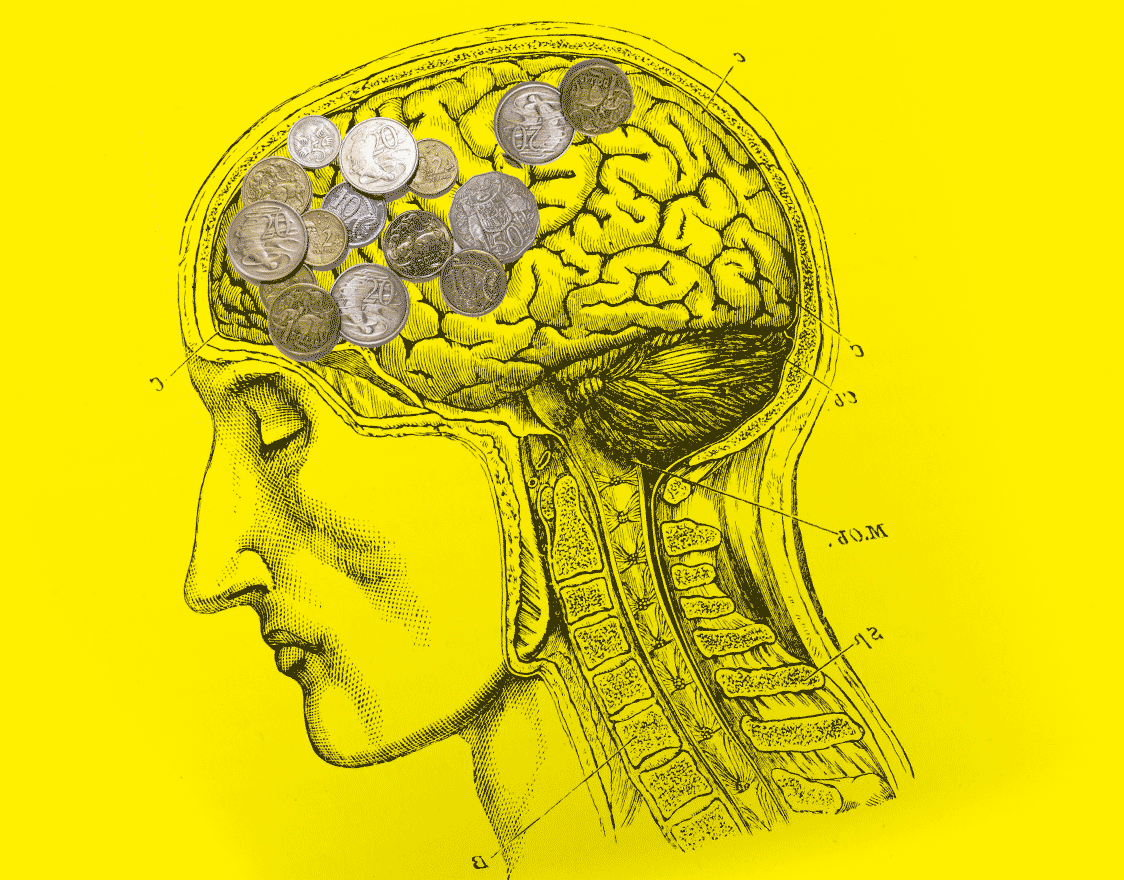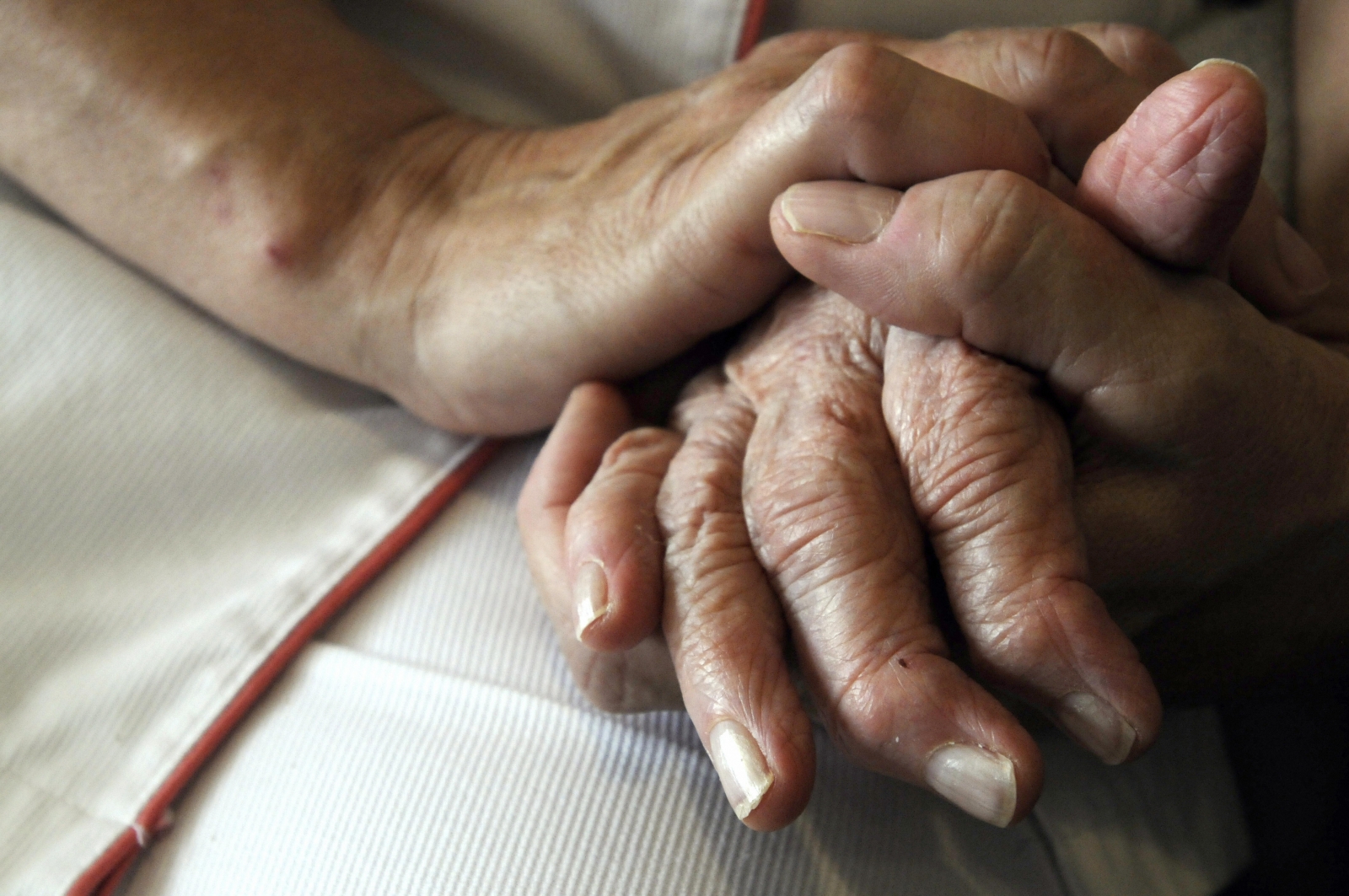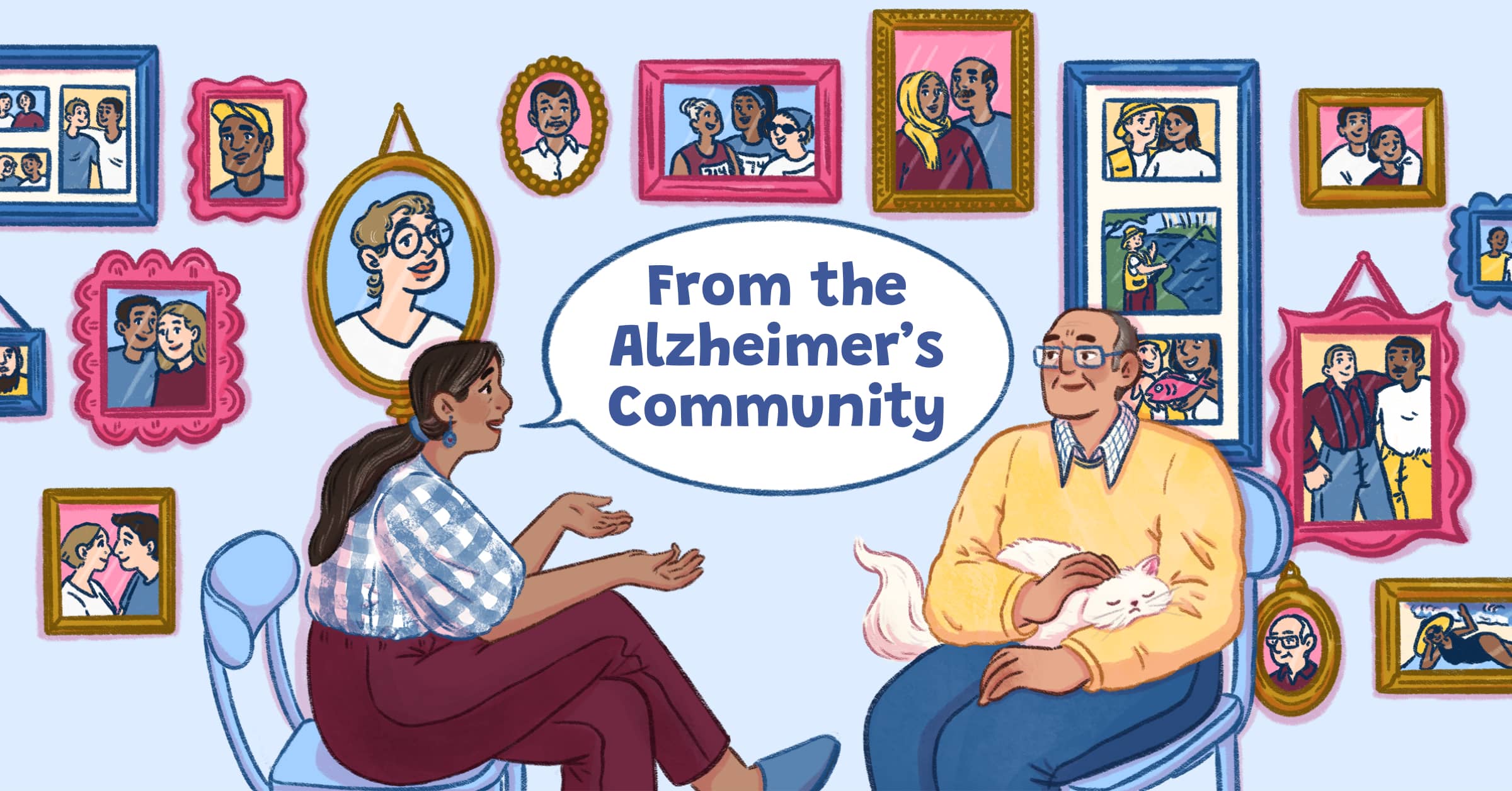Neat Tips About How To Deal With An Alzheimer's Patient

Encourage dialogue that is reciprocal for as long as you can.
How to deal with an alzheimer's patient. Getting enough sleep, eating a balanced diet, and frequently moving your body are just a few ways you can take care of your body and mind. When starting a conversation always remind them your name and tell them something nice that will make them smile. To help cope with changes in memory and thinking, consider strategies that can make daily tasks easier.
Dementia symptoms, types, and causes] Read and share this infographic about how to communicate with a person who has alzheimer's disease.
This can make communication difficult. Even simple everyday activities can become difficult to complete. Finding resources for getting help with alzheimer's caregiving.
Alzheimer's patients often stop or slow their eating. If the person doesn’t respond or you become aware that they have a hearing problem, you can increase your volume. Learn more the challenges and rewards of alzheimer's care caring for a person with alzheimer’s disease or another type of dementia can often seem to be a series of grief experiences as you watch your loved one’s memories disappear and skills erode.
Join alzconnected, our online support community and message boards, and share what response strategies have worked for you and get more ideas from other caregivers. Caregiving for a loved one with alzheimer's disease can be an isolating journey that's both physically and emotionally taxing. Differences in tau were detected next, followed by a marker of trouble in how neurons communicate.
Get started you may already be aware of changes in your ability to complete daily tasks that once came naturally to you. Dementia comes with memory loss which means that the patient may forget your name. Alzheimer’s disease and related dementias get worse over time.
Engage in conversations in quiet spaces without distractions. Developing your own coping strategies doesn’t have to be complicated. Receive weekly tips and resources on alzheimer's disease and related dementias from nia's alzheimers.gov.
Find tips for caregivers and family members of people with alzheimer’s or a related dementia, including tips on everyday care, changes in behavior and communication, and caregiver health. Your patient's safety is an important priority. Use the tips below to better communicate with a person who has alzheimer’s.
Dealing with dementia behavior: Reading about changes in communication skills that can happen with alzheimer's. Seeking social support caregiving & helping others being diagnosed with alzheimer’s disease can be deeply distressing for you and your loved ones.
Act in a kind, caring, and straightforward manner. Check for pain, hunger, thirst, constipation, full bladder, fatigue, infections and skin irritation. Wandering rummaging and hiding things anger and aggression hallucinations and suspicion sleep problems eating problems don't forget to take care of yourself understanding alzheimer’s or dementia behavior problems

















